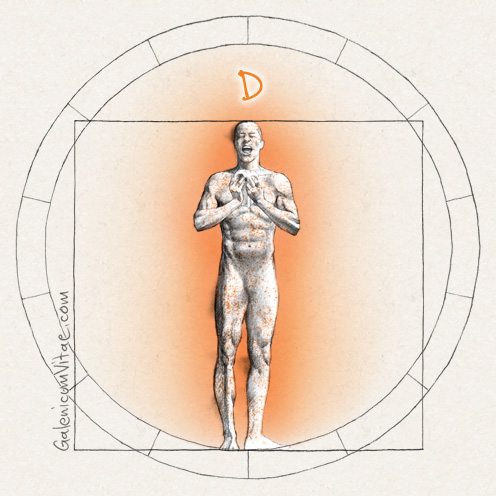An allergy is an exaggerated immune response to a stimulus that does not have a harmful effect on most of the population.
Risk factors. More than a third of the world’s population has some type of disease caused by allergies. The most common allergens are dust mites, pollen, animal dander and mould spores. An allergic reaction can also be caused by food, latex, medications, insect stings (wasps, bees), etc.
Prevention. It is essential to identify what is causing the allergy (allergen), to be able to avoid it. Protect skin from the sun and avoid strong odours of food products and cleaning products.
Treatment. Sometimes it is necessary to follow a medical regimen for several years, and review it to see how the symptoms evolve.
An allergy is your immune system’s reaction to something that does not bother most other people. People who have allergies are often sensitive to more than one thing. Substances that commonly cause reactions are:
- Animal hair.
- Mould spores.
- Dust mites.
- Pollen.
- Food.
- Insect bites.
- Medicines.
In recent years the number of people affected by allergies in developed countries has increased. Factors that could explain it are diverse and they include genetic and environmental factors. One of the most important environmental factors is pollution (mainly derived from the combustion of petroleum products).
Allergies can be related to respiratory diseases such as asthma, rhinitis and conjunctivitis; skin diseases such as eczema and hives, or severe reactions that start quickly and affect the skin, respiratory and / or cardiovascular (anaphylaxis) all at once.
How do you get allergies? Scientists believe that both genes and environment have something to do with it. Normally, the immune system fights germs; it is the body's defence system. However, in most allergic reactions are in response to a false alarm.
Allergies can cause a runny nose, sneezing, itching, rash, oedema (swelling) or asthma. Symptoms vary. Although allergies can make you feel bad, usually they are not lethal. However, if a severe reaction called anaphylaxis occurs, it can be.
For more information visit:
Allergies
http://www.mayoclinic.org/diseases-conditions/allergies/basics/definition/con-20034030
Allergies
http://www.aaaai.org/conditions-and-treatments/allergies.aspx

 Digestive
Digestive  Blood
Blood Cardiovascular
Cardiovascular Dermatology
Dermatology Genitourinary,
Genitourinary, Hormones
Hormones Infections
Infections Oncology and
Oncology and Musculo-skeletal
Musculo-skeletal Mental health and
Mental health and Parasites
Parasites Respiratory
Respiratory Senses
Senses Various
Various




